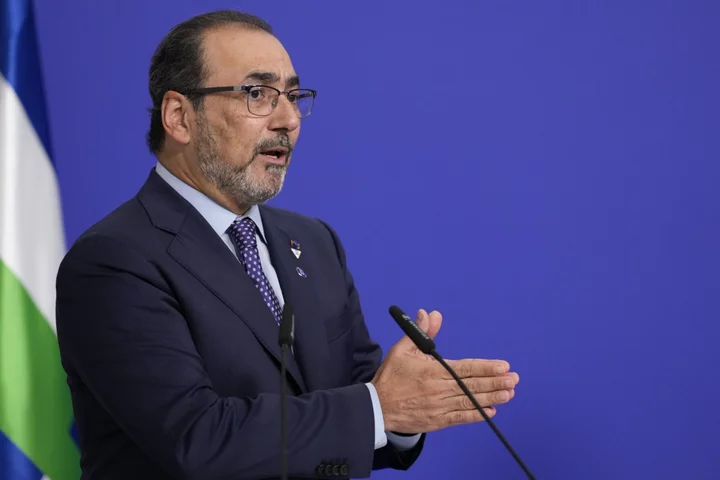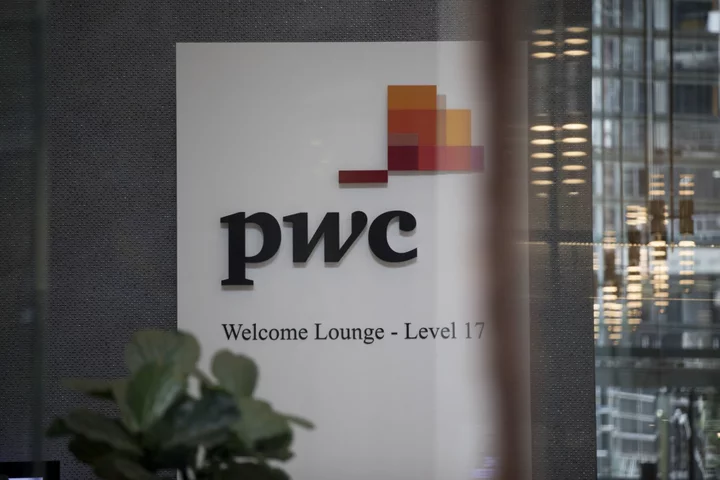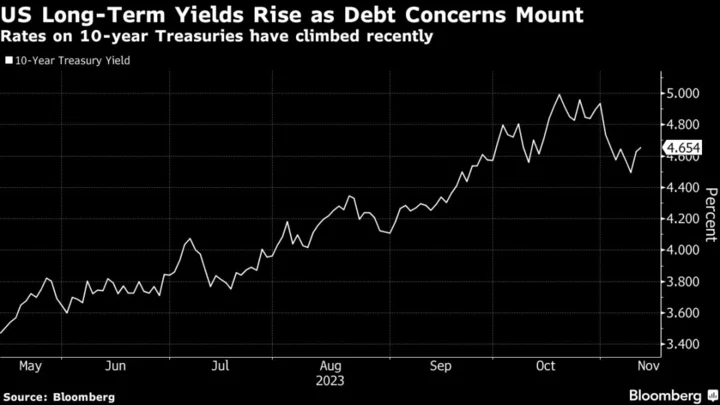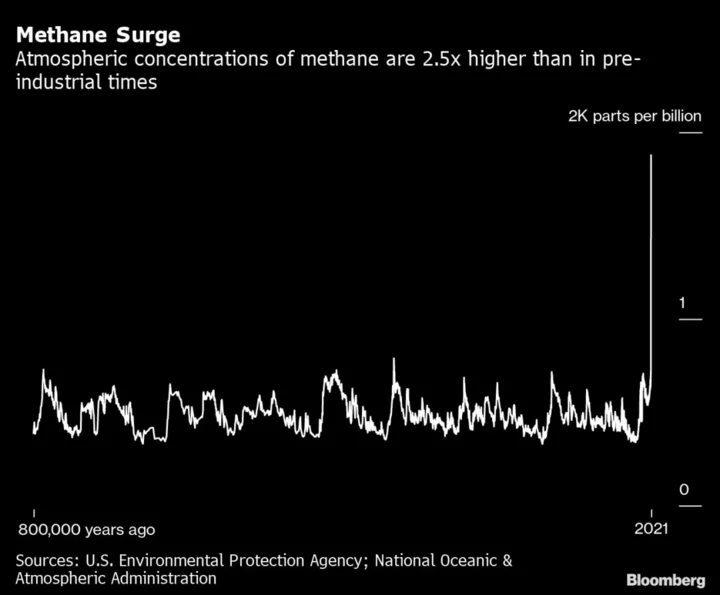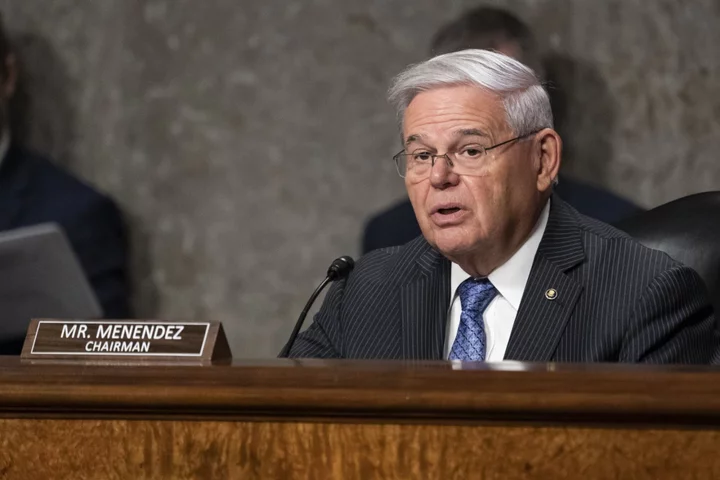Corporacion Andina de Fomento, a Latin American development bank that will lend over $14 billion this year, is seeking to add new members from Europe, the Middle East and Asian countries to finance new projects in the region.
The Caracas-based bank known as CAF, one of Latin America’s largest lenders, is in conversations with several countries including Saudi Arabia, Qatar, India and Korea to join its existing 21 members, President Sergio Diaz-Granados said. The new shareholders could get a stake of as much as 15% of the bank and two seats on its board but CAF will continue to be controlled by Latin American nations, he said.
Read More: CAF Plans Infrastructure Funds in Six Latin American Countries
“We are in this process of seeking partners that contribute to the bank without the bank losing its essence,” Diaz-Granados told reporters in Mexico City on Friday. “The idea is to double the size of the bank by 2030, and you can do that basically with capitalization by the countries.”
The process of expanding the bank to new members will take time, with CAF more immediately focused on adding some Caribbean nations to reach between 27 and 28 members. Spain and Portugal are currently the only two members that aren’t from the region.
While CAF has expanded quickly in recent years and now rivals other lenders such as the US-backed InterAmerican Development Bank, it’s seeking new backers that will provide the fresh capital needed to increase loans and improve links with other regions. The US doesn’t have a say in the bank, having historically opted to direct funding to Latin America through the World Bank or the IDB, both based in Washington.
Diaz-Granados sees these institutions as complementary but said CAF can finance a broader set of projects than the IDB in the region because it’s decisions aren’t under threat of a US veto. The bank isn’t seeking to add the US to its ranks nor is the American government is willing to join CAF, he said.
“We have a fluid communication with them but they aren’t interested in CAF and in our case we aren’t interested in the US either,” he said. “This is a piggy bank of Latin America and the Caribbean. This belong to us.”
Argentina Loan
CAF recently played a key role in helping cash-strapped Argentina repay a tranche of its $44 billion program with the International Monetary Fund, giving a $1 billion bridge loan to the country for about three weeks until the IMF approved a disbursement to the country, charging a 4% interest.
The bank was then repaid by the IMF in Special Drawing Rights, the organization’s international reserve asset known as SDRs, which CAF is now allowed to hold.
Rich countries should use their excess SDRs to finance development projects, particularly in areas affected by climate catastrophes, Diaz-Granados said.
“SDRs can be used to face a liability through a development bank,” he said. “They should be used for the crisis we are seeing now, which is a climate-generated crisis.”
Read More: Argentina Seeks $1 Billion Bridge Loan From Caracas-Based Bank

